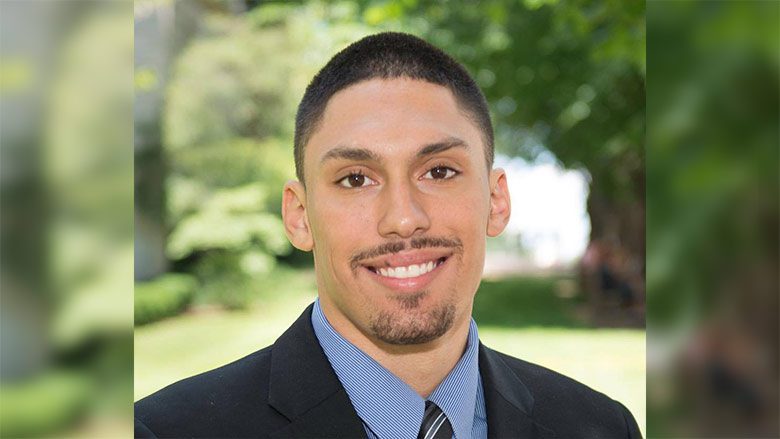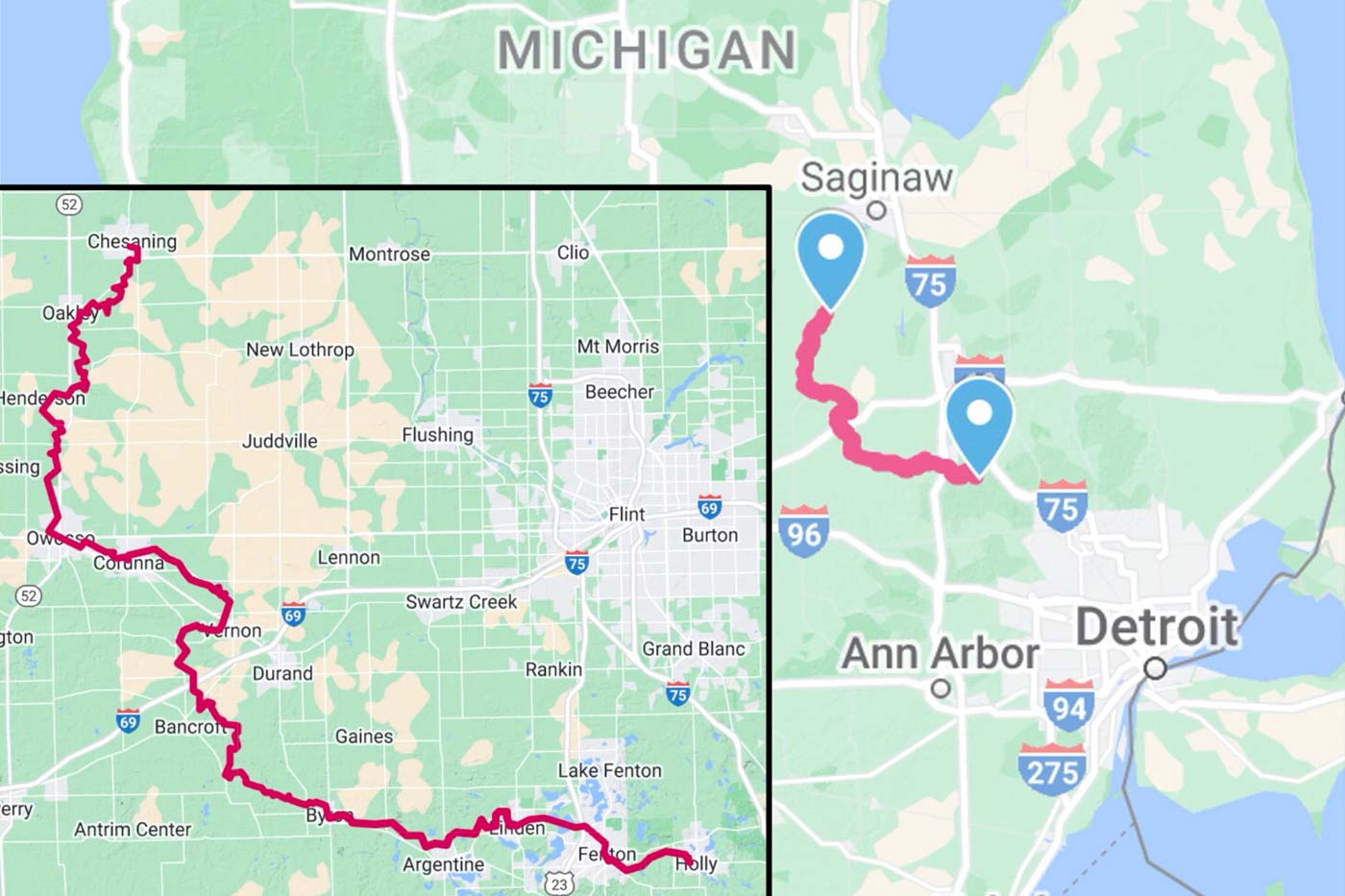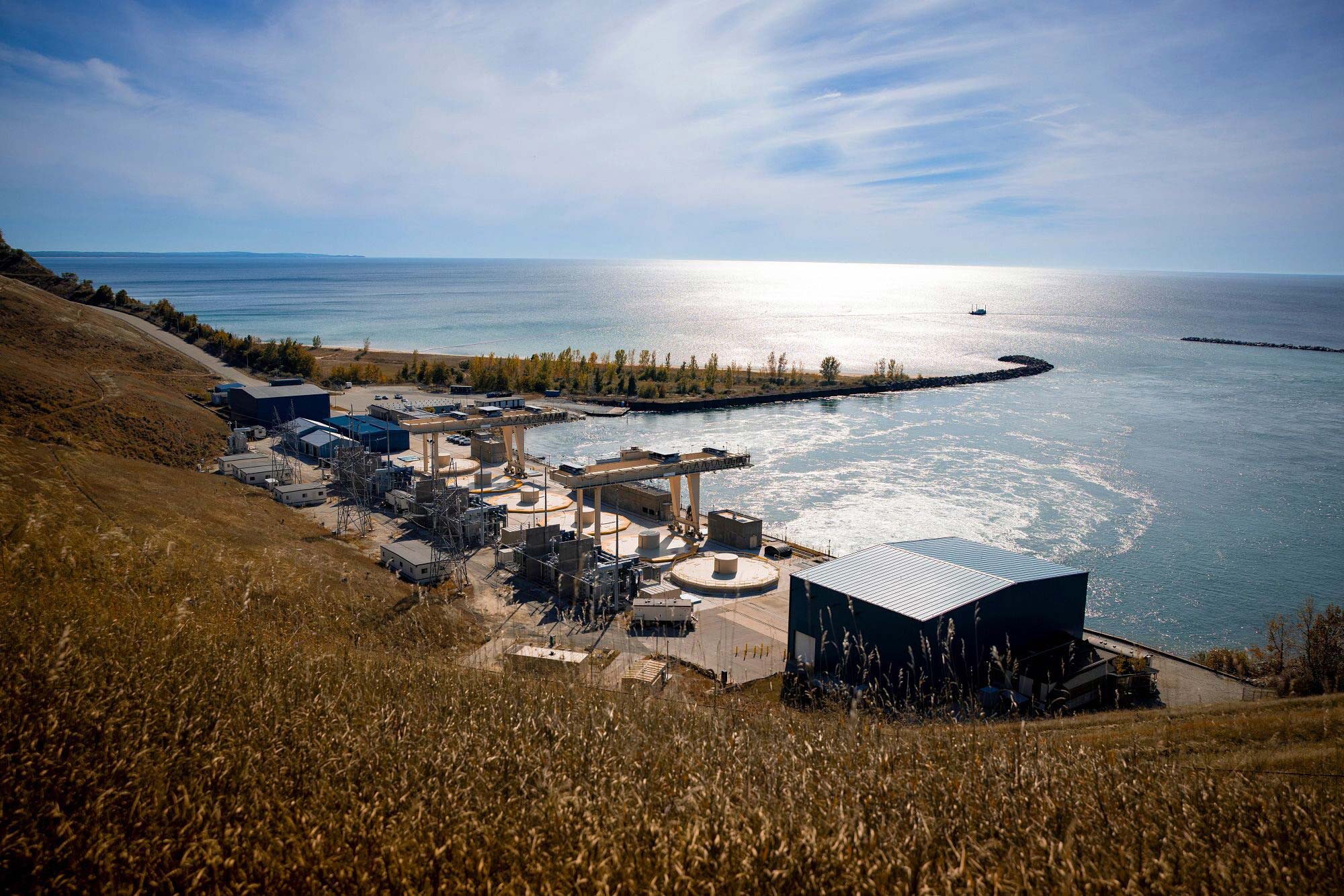
Planning Student Wins University-wide Essay Competition
Chris LeFlore, a dual-degree student pursuing master’s degrees in urban and regional planning and public policy, recently won a first-place award in a university-wide essay contest on the future of work in the Midwest.
LeFlore’s paper, “Employer-Provided Transportation,” outlines his ideas on connecting workers to jobs in metro Detroit. The paper stems from work he began through his Dow Sustainability Fellowship under the guidance of Professor Elizabeth Gerber at U-M’s Ford School of Public Policy. The Dow Sustainability Fellowship at U-M supports graduate students as they work to create interdisciplinary and actionable solutions for creating sustainable food systems, mobility, infrastructure, energy systems, and cities. Dow Sustainability Fellows work across disciplines to develop innovative projects on local, national, and global scales.
Through the fellowship, LeFlore studied how the Southeast Michigan region can utilize public-private partnerships to increase transportation access and labor force participation. After the fellowship ended, he continued the work as an independent study guided by Joe Grengs, associate professor of urban and regional planning, and took a wider look at how Southeast Michigan can improve public transit, even as funding is scarce.
LeFlore’s essay for the Future of Work competition discussed how employers can avoid worker turnover and increase their profit margins by subsidizing their employees’ transportation.
LeFlore has been working on public transit issues for most of his career. His interest in the topic was piqued while working for Detroit City Council member Janee’ Ayers, and it was the primary reason he chose to pursue a degree in urban and regional planning at Taubman College. “My family moved from the South to Detroit because of work. Now many of the opportunities that were available during my grandfather’s time have changed,” LeFlore said. “Transportation policy has become my passion because of the diverse upbringing I was fortunate to enjoy. I saw how different my access to opportunity was simply based on geographic location. Increasing transportation access allows more people to move not only between different locations, but social classes as well.”
Read more about LeFlore and other winners of the “The Future of Work in the Midwest” essay contest, sponsored by the U-M Center for Social Solutions, here.









